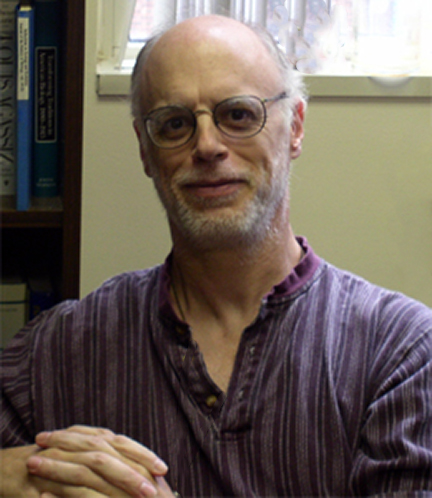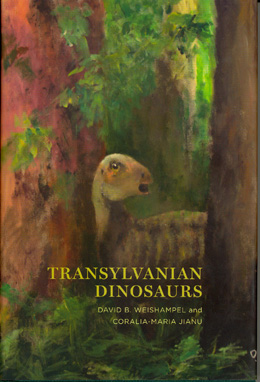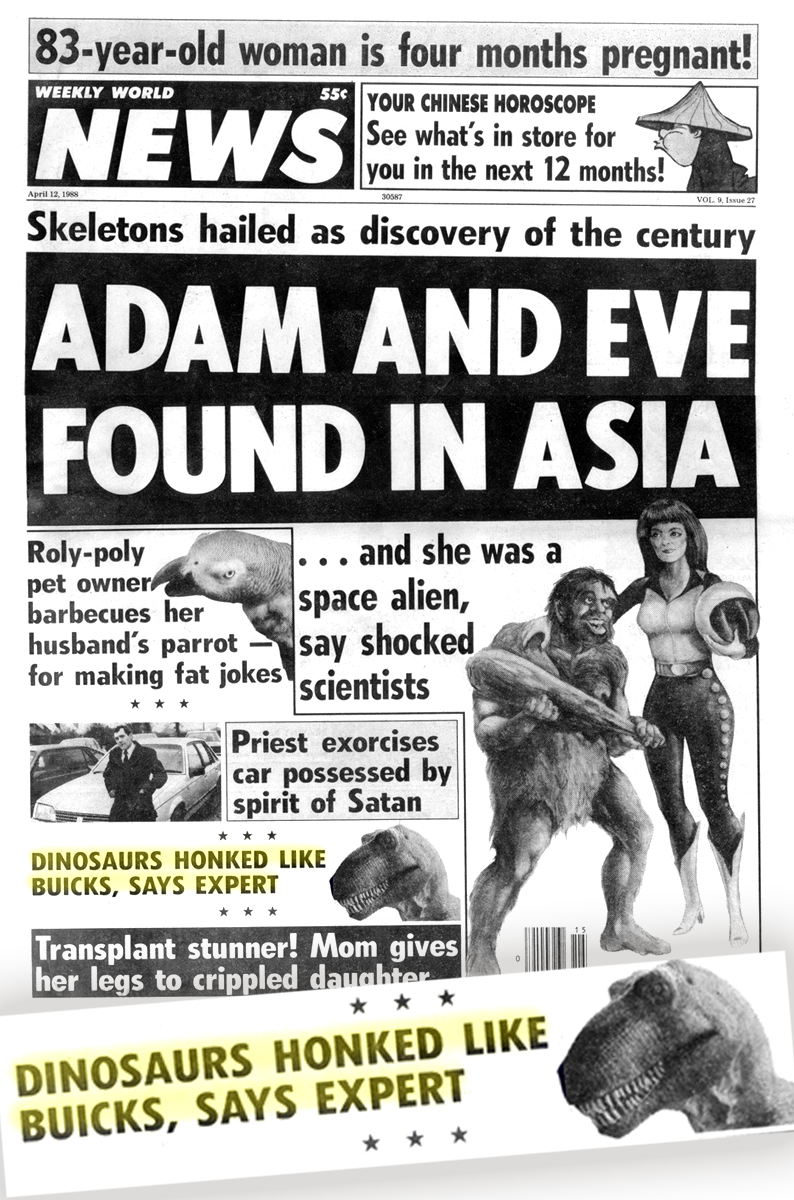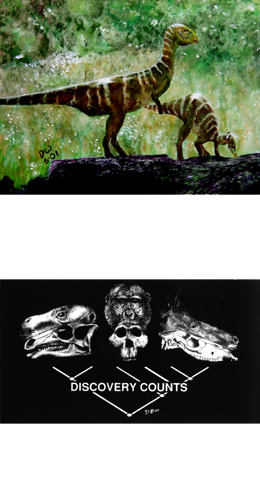David B. Weishampel, PhD

Dr. David Weishampel’s principal research area is dinosaur paleobiology, which includes island biogeography of the Late Cretaceous faunas of Europe, particularly that of western Romania. In addition, through his work on the jaw mechanics of ornithopod dinosaurs, he is interested in the broad overlay of the evolution of herbivory and contemporary plants throughout the Mesozoic. Finally, because of the historical richness of the field of vertebrate paleontology throughout the world, combined with my work in Romania, he is greatly interested in the role of central-European paleobiology during the first third of the 20th century, especially the works of Franz Baron Nopcsa.
Education
- Ph.D. University of Pennsylvania, 1981
- M.Sc. University of Toronto, 1978
- B.Sc. The Ohio State University, 1975
Research Focuses
- Dinosaur systematics
- European dinosaurs of the Late Cretaceous
- Jaw mechanics and herbivory
- Cladistics and heterochrony
- History of evolutionary biology
Special Projects

Professor David B. Weishampel’s research focuses include dinosaur systematics, European dinosaurs of the Late Cretaceous, jaw mechanics and herbivory, cladistics and heterochrony and the history of evolutionary biology. Weishampel’s best known published work is The Dinosauria University of California Press; 2nd edition (December 1, 2004). He consulted for Jurassic Park, working with Steven Spielberg. He has received an Academy Scientific and Technical Award.


Selected Publications
Osi, A., Prondvai, E., Butler, R., and Weishampel, D. B. 2012. Phylogeny, histology and inferred body size evolution in a new rhabdodontid dinosaur from the Late Cretaceous of Hungary. PLoS ONE 7(9): e44318. (view from PLoS ONE page).
Weishampel, D. B. and Jianu, C. M. 2013. Franz Baron Nopcsa: a man out of time. Foreword to Weishampel & Kerscher. Historical Biology 25(4): 391-544. (view from Taylor & Francis).
Weishampel, D. B. and Reif, W. E. 2013. An untimely nexus of German biomechanics, ornithology, and evolutionary biology: Dominik von Kripp and his functional morphology studies. Historical Biology 25(2): 261-281. (view from Taylor and Francis).
Weishampel, D. B. and Kerscher, O. 2012. Franz Baron Nopcsa. [English translation of Tasnádi Kubacska, A. (1945)]. Historical Biology.
Stanford, R., Weishampel, D. B., and Deleon, V. B. 2011. The first hatchling dinosaur reported from the eastern United States: Propanoplosaurus marylandicus (Dinosauria: Ankylosauria) from the Early Cretaceous of Maryland, U.S.A. J. Paleont. 85: 916-924.
Weishampel, D. B. and Jianu, C.-M. 2011. Transylvanian Dinosaurs. Johns Hopkins University Press, Baltimore.
Benton, M. J., Csiki, Z., Grigorescu, D., Redelstorff, R., Sander, P. M., Stein, K., and Weishampel, D. B. 2010. Dinosaurs and the island rule: the dwarfed dinosaurs from Hateg Island. Palaeogeogr. Palaeoclimatol. Palaeoecol. 293: 438-454.
Weishampel, D. B., Csiki, Z., Benton, M. J., Grigorescu, D., and Codrea, V. 2010. Paleobiogeographic relationships and evolution of the Hateg biota – between isolation and innovation. Palaeogeogr. Palaeoclimatol. Palaeoecol. 293: 419-437.
Stein, K., Csiki, Z., Curry Rogers, K., Weishampel, D. B., Redelstorff, Carballido, J. L., and Sander, P. M. 2010. Body size evolution in the smallest sauropod dinosaur: Insular dwarfism in Magyarosaurus dacus. Proc. Natl. Acad. Sci. (USA) 107: 9258-9263.
Osi, A., Butler, R., Weishampel, D. B. 2010. A Late Cretaceous ceratopsian dinosaur from Europe with Asian affinities. Nature 465: 466-468.
Fastovsky, D. E., Weishampel, D. B. 2009 Dinosaurs: a Concise Natural History. Cambridge Univ. Press, Cambridge.
Weishampel, D. B. 2007. La evolution de la dieta herbivora en dinosaurios: una aproximacion historica. In: Sanz, J. L. (ed.). Los Dinosaurios en el Siglo XXI. Metatemas, Barcelona. pp. 164-185.
News
Monday, 12/4/23: Dr. Chet Sherwood, Bodian Seminar
2023 SURGICAL ILLUSTRATION PRESENTATION
Congratulations!!!
We want to announce the arrival of a new FAE-by, Eddie Foster, who was born recently to Mary and Will...a hearty and warm congrats to the three of you!
